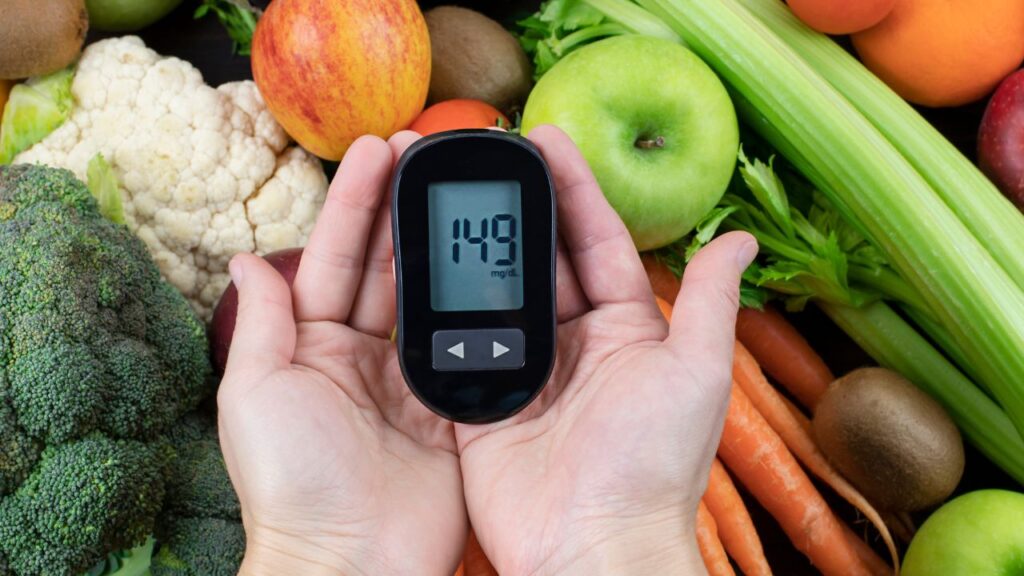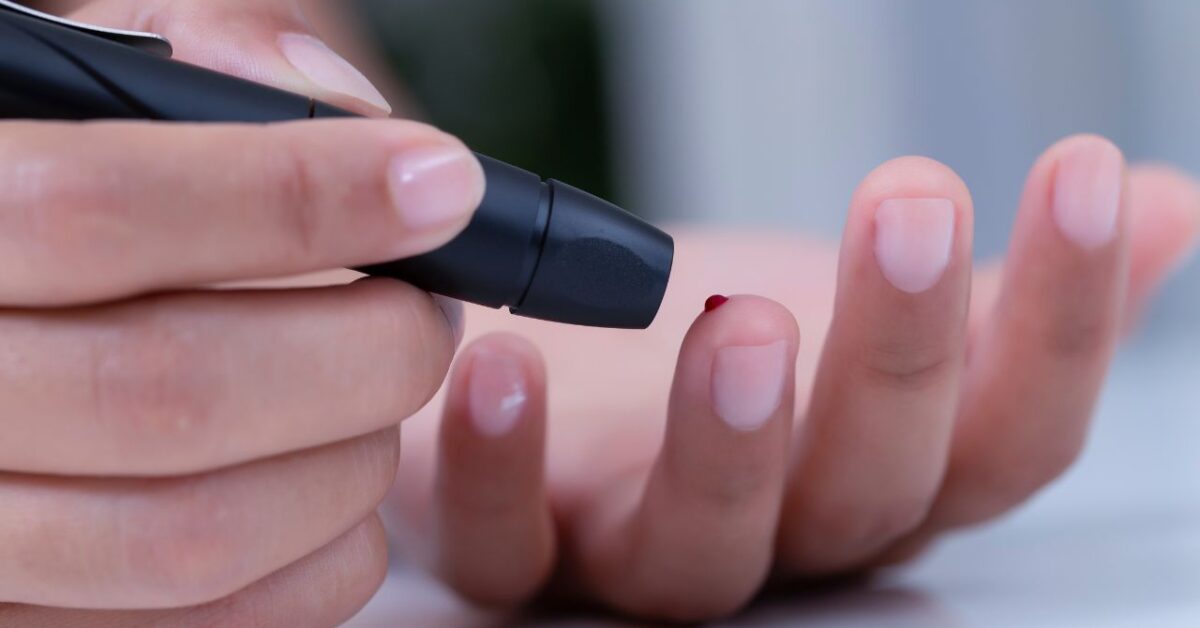Find out when high blood sugar can be dangerous for your health.
The high blood sugaralso known as hyperglycemiais a condition in which the blood sugar level is abnormally high. This situation can arise in different circumstances and can be a sign of an underlying health problem.
Symptoms of high blood sugar
When blood sugar levels spike, it’s important to recognize the symptoms they may be indicating a hyperglycemia. Some common signs include excessive thirst, frequent urination, fatigue, blurred vision, unintentional weight loss, tingling in the hands and feet, excessive hunger, and irritability. If you experience one or more of these symptoms, it could be indicative of high blood sugar.
Causes of high blood sugar
High blood sugar can be caused by several factors. One of the most common is the diabetes mellitus, a chronic condition in which the body does not make enough insulin or fails to use it properly. Other causes include stress, an unbalanced diet high in sugar and refined carbohydrates, lack of physical activity, certain illnesses or infections, and taking certain medications.
Risks associated with high blood sugar
Consistently high blood sugar can be dangerous to your long-term health. It can damage blood vessels, increase the risk of cardiovascular disease, damage the kidneys, impair vision, cause nerve damage (neuropathy), and slow wound healing. Also, prolonged high blood sugar can lead to acute complications such as diabetic ketoacidosis the coma hyperosmolar hyperglycemicwhich require immediate treatment.
Management of high blood sugar
If you’re at risk for high blood sugar or have been diagnosed with diabetes, there are steps you can take to manage your blood sugar levels. It is essential to follow ahealthy and balanced diet, limiting simple sugars and refined carbohydrates. Regular physical activity can help lower blood sugar levels and improve insulin effectiveness. In some cases, you may need to take medications prescribed by your doctor to control your blood sugar.
Prevention of high blood sugar
Preventing high blood sugar is key to maintaining overall health. Adopt a healthy lifestyle, including a balanced diet, regular exercise, and maintaining a healthy body weight. Monitor your blood sugar levels through routine exams and visit your doctor regularly for regular health checkups.
Importance of blood sugar control
Regular monitoring of blood sugar is essential to identify problems early and take the necessary measures to keep it under control. Blood glucose monitoring can be done through the use of a portable glycosimeter, which allows you to measure blood sugar levels quickly and easily. It’s important to follow your doctor’s advice about how often and when to check, based on your individual situation.
Collaboration with the doctor
It is crucial to work closely with your doctor to manage high blood sugar effectively. Your doctor will be able to provide personalized guidance on diet, physical activity, and medication intake, if needed. He will also be able to monitor your progress and make any adjustments to your treatment plan.

Education and support
To better manage high blood sugar, it’s important to educate yourself about diabetes and gain knowledge about balanced nutrition, physical activity, and stress management techniques. There are diabetes education programs that offer support and valuable information to manage high blood sugar effectively. Don’t hesitate to join such programs or seek out support groups to share experiences and get support from people who are in the same situation as you.
Awareness of emergency signs
It is vital to be aware of emergency signs that could indicate serious complications related to high blood sugar. These signs include shortness of breath, light-headedness, persistent nausea or vomiting, abdominal pain, a fruity breath, or loss of consciousness. If you experience one or more of these symptoms, seek medical help right away.
READ ALSO: High blood sugar: here are which vegetables you need to include in your diet!
